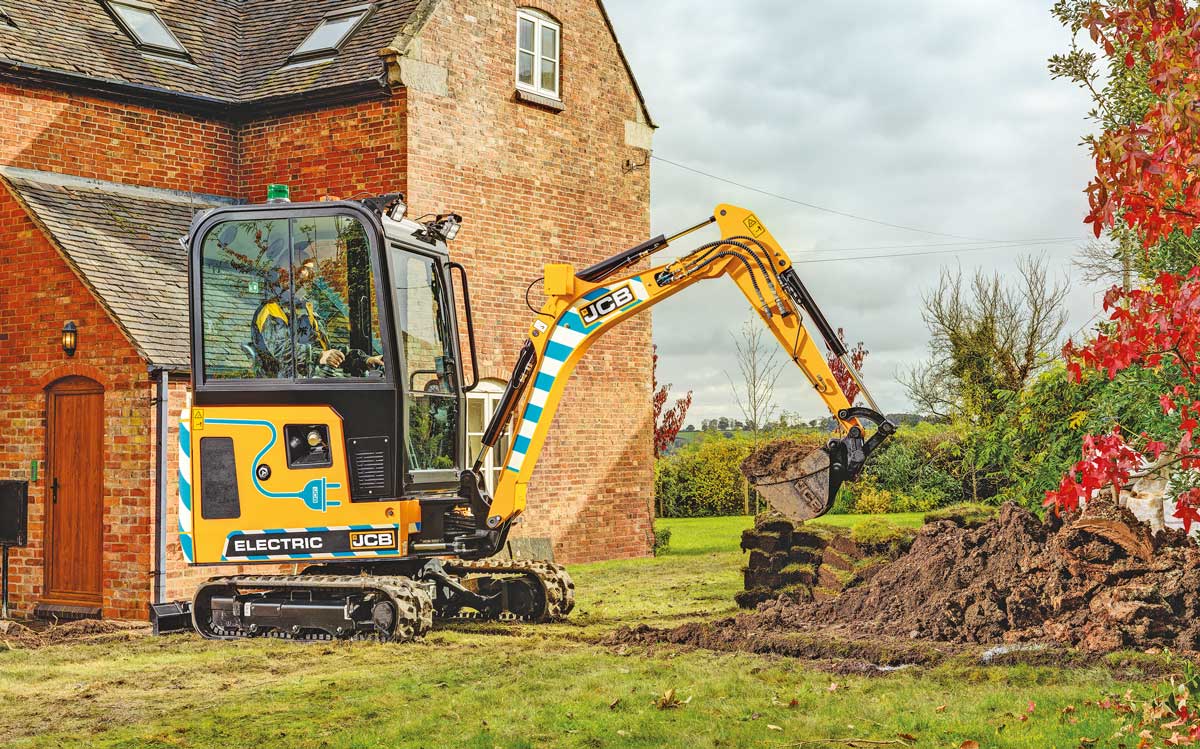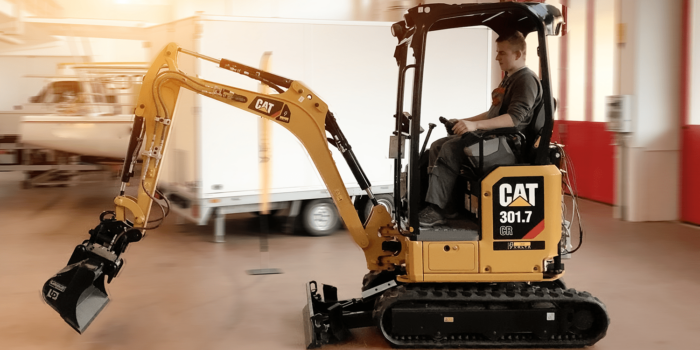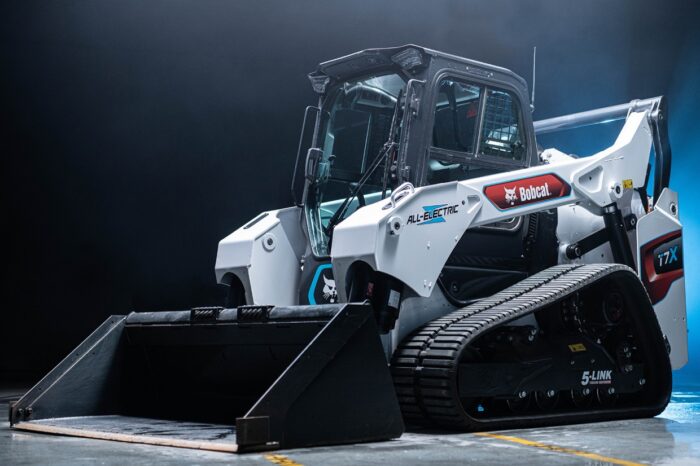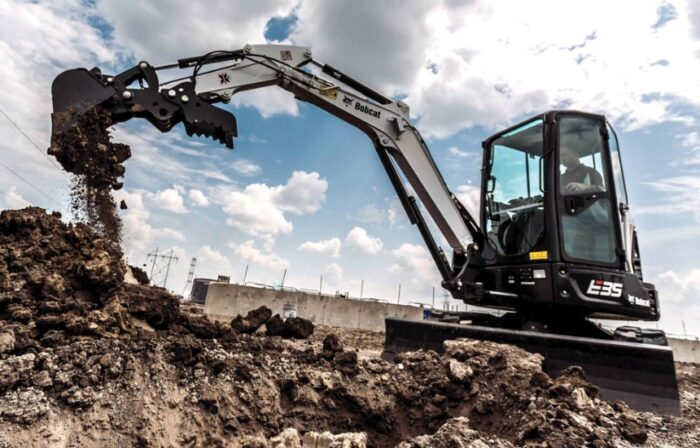
Manufacturers such as Komatsu, JCB, Kubota, and Volvo just to name a few are all aiming to switch the power source for their excavators from fossil fuel sources to battery packs which has been seen as a positive step by all parties, including environmentalists. Even the sales and marketing factions of these companies are seeing it as a positive element based on the responses that they are receiving from their clients who also intend to be ‘as green as possible.
This trend has acted as a catalyst for the growth of the excavator rental market. Adding the fact that these new machines have more varied functions due to the allowance afforded by electrical mechanisms that not only improve effi

The various technologies that have been adopted by heavy machine manufacturers have triggered a wave of new demand from urban projects even during the height of the COVID-19 pandemic. The digitalization of components belonging to the industrial machinery segment has also played a significant role in enhancing the accuracy of these machines that manage tasks that require precision.
JCB only recently announced that they too are moving towards electric excavators and are encouraging their clients such as J Coffey Plant that purchased two electric excavator units citing that their workers are free from being exposed to emissions apart from the machines being cost-effective and more efficient compared to conventional models.
Even Bobcat joined the bandwagon when they recently launched their new range of R-Series mini excavators ranging between 2 and 4 tons. Bobcat proudly announced their new 5 models: the mini – E26, mini – E27z, E27, E34, and the ultimate compact E35z which featured their latest CIB design concept (Cylinder inside Boom).

These models have also been cited to go electric soon, and according to Miroslav Konas, who is the head of products for Bobcat Europe, Middle East, and Africa, the CIB design will be an added plus point that will eliminate the issue of weak points in mini-excavators, especially the boom cylinder which gets damaged due to collisions whilst loading waste and building materials.
The system basically encloses the hydraulic cylinder inside the boom structure which is extended will prevent collisions between the top blade and vehicle structures. In other words, the entire boom structure acts as a shield to the hydraulic boom cylinder regardless of the excavator’s position or movement.

The drivers behind the popularity of construction companies using mini excavator hire services according to Chris Sleight from Off-Research Highway is attributed to the fact that construction workers prefer to use mini excavators instead of hand-held power tools which makes converting these machines into being electrically powered a viable option.
It is evident from market observations that this has been happening over the last decade quite visibly not just in Europe, but even in North America and Asia where the compact excavator replaces a variety of other equipment types. The mini excavators are also favored over backhoes and that means a lot, to say the least.








